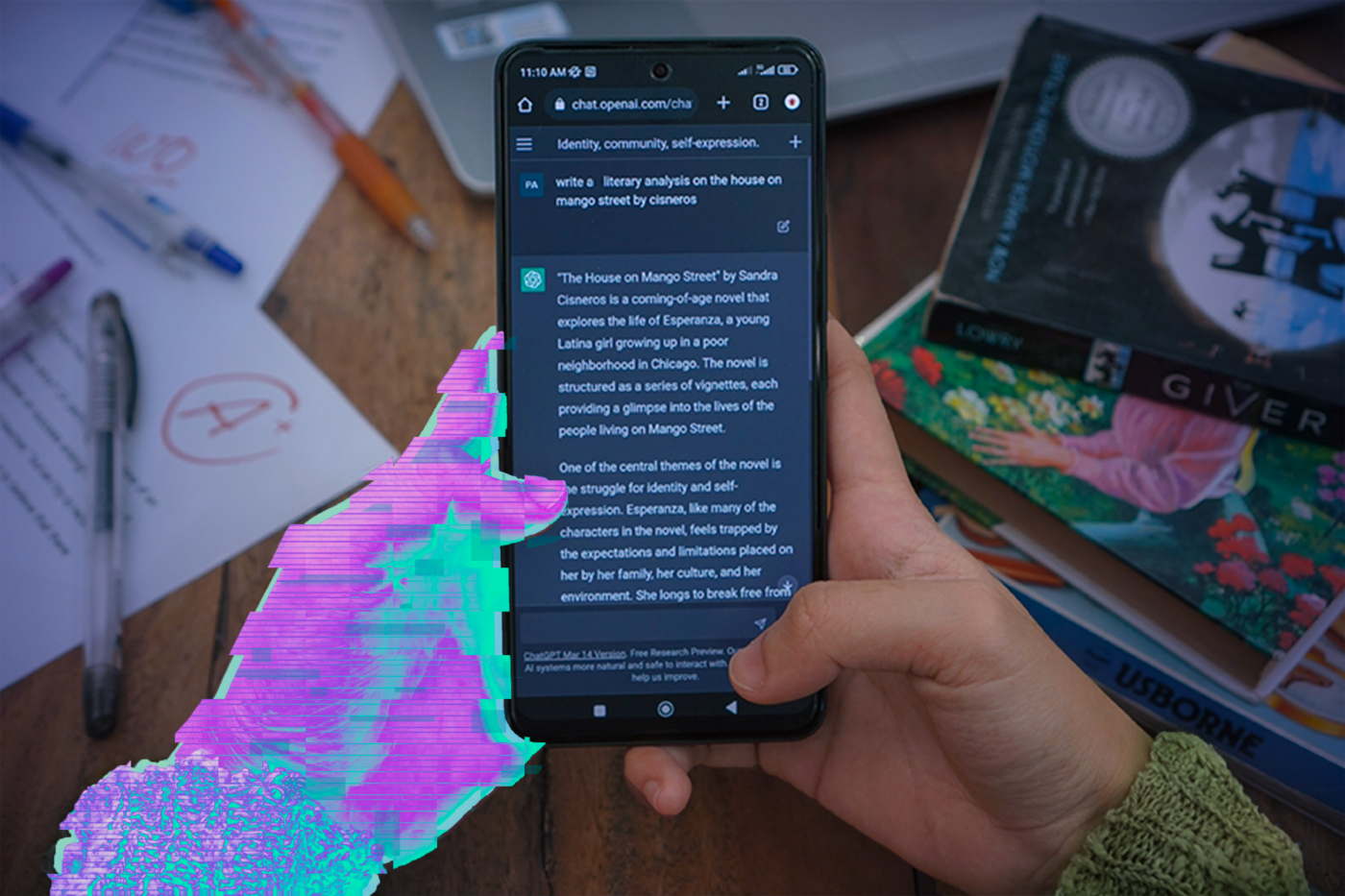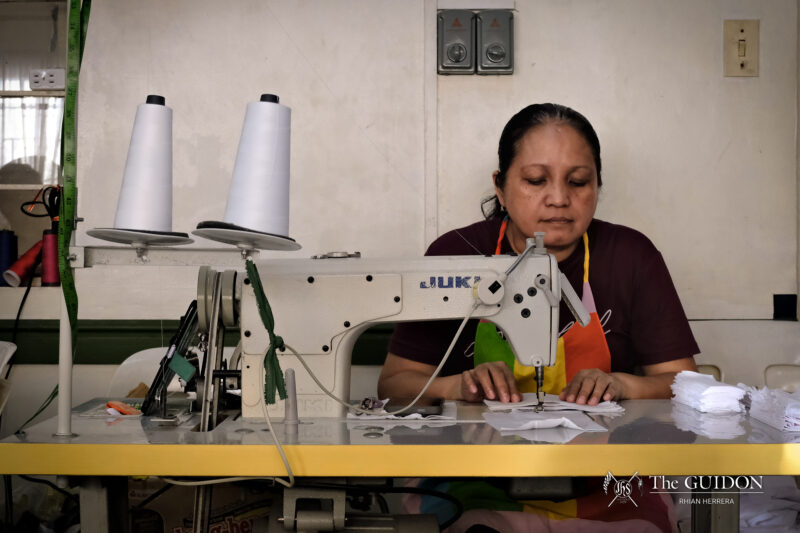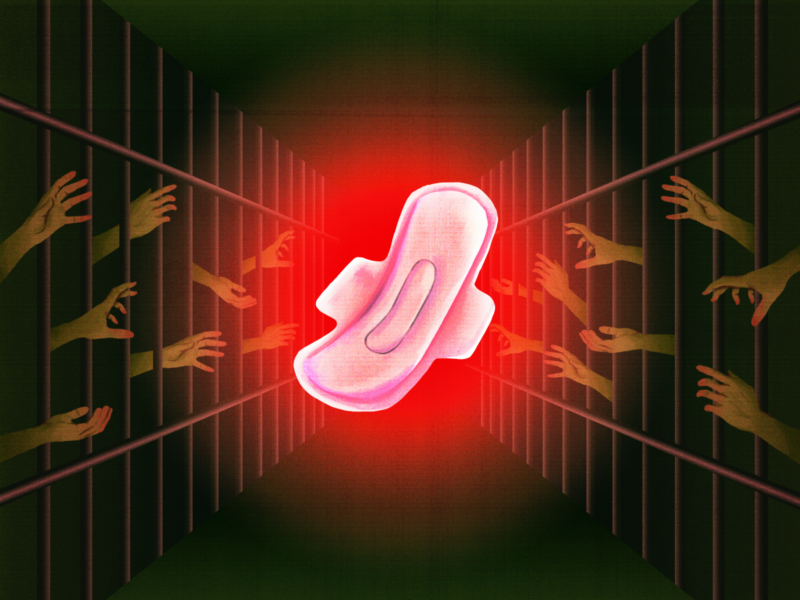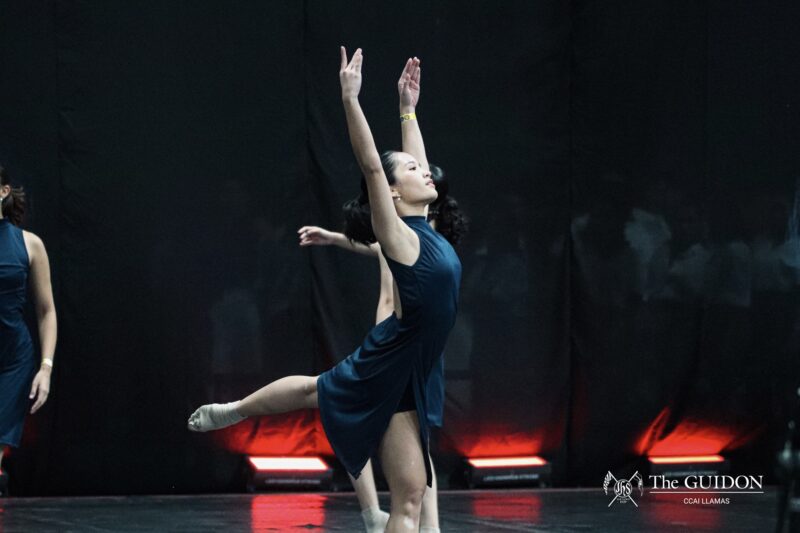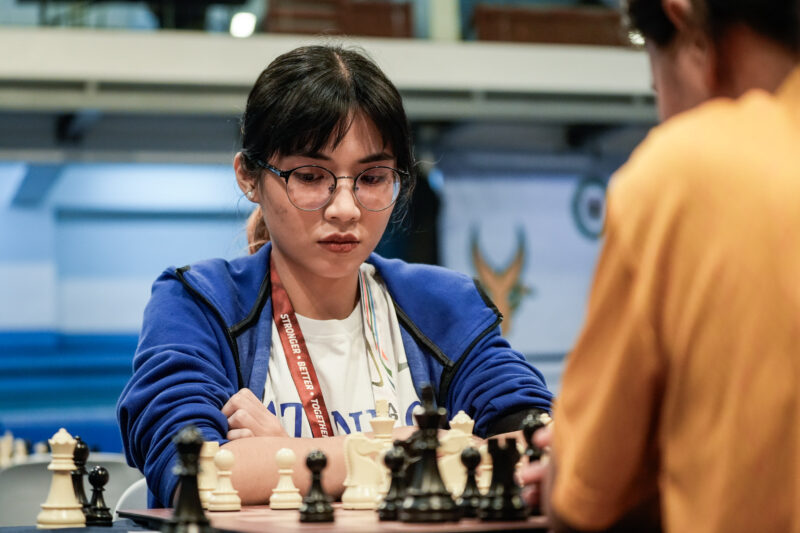The revolutionary AI chatbot ChatGPT has not only divided the academe but has posed questions to the very essence of humanity’s relationship with machines.
THERE’S A new kid on the block, and this one stands out from the rest.
ChatGPT—an artificial intelligence (AI) chatbot launched by OpenAI last November 2022—is revolutionizing the very playground of school and technology. From personalized learning experiences to cross-disciplinary collaboration, the possibilities of ChatGPT are limited only by one’s imagination.
Nevertheless, with its seemingly boundless knowledge comes uncertainty. In a world increasingly dominated by AI, anxiety and fear creep up on individuals who cannot see its limitations. As such, when the progression of AI is inevitable, what’s our leverage as human beings?
A scholar’s best friend or worst enemy?
Praised as an intelligent tutor and criticized as an instrument of academic automation, ChatGPT, with its Jekyll-and-Hyde nature, raises crucial questions about technology’s role in education.
Joben Ilagan, director of the BS Information Technology Entrepreneurship Program, sees the technology as positively disruptive. ChatGPT’s accessibility encourages higher-level thinking and greater expectations from learners, promoting quality and efficiency of output.
“It’s not lazy thinking. It’s like comparing a typewriter [and] a word processor. We’re past that,” Ilagan shares. “In other words, if you’re lazy to a certain extent and you use ChatGPT, [a professor] will know. Now that it’s there, you go past the bare minimum. My standards [as an instructor] are now raised.”
ChatGPT understands and processes natural language, generating coherent and relevant output. However, its rise has sparked fears that it could erode the art of writing. Critics argue that its speed and accuracy could replace human creativity and individuality. Nevertheless, Ilagan challenges this notion, pointing out that writing is not just about generating words but also a deeply personal expression of experience and inspiration.
“AI can do many things, but one thing it can never do is represent you. This now forces you to ask the right questions. Now, it helps you realize what you want to know. Without that, the tool is useless,” Ilagan expresses.
As artificial intelligence rapidly progresses, its seemingly unknown limits are causing concerns about its potential to surpass or even override human abilities. However, Ilagan warns that though the possibilities for AI advancement are endless, the tool is still prone to hallucinations—responses given by the AI that seem factual but are actually false. Thus, treating the tool seriously still requires intuition and critical thinking—something a computer cannot replicate.
Ilagan compared the reliance on AI for academic success to cheating at a game of solitaire: It might produce quick results, but it would not cultivate the deep thinking and problem-solving skills necessary for success outside the classroom. Instead, one can think of AI as a tool to help redirect focus towards elevating the richness and depth of the work, rather than taking shortcuts.
While the popular notion suggests that tools are only as useful as the wielder, the emergent properties of ChatGPT neural networks suggest a deeper level of comprehension. Ilagan shares that at least for now, humans are still directing this technology, but no one knows for certain what will happen years from now.
“I cannot calm the fears of people. That’s the reason for my stand. That’s why we shouldn’t ban AI in our classrooms. The more we understand, the more we have control of what this is,” Ilagan expresses.
The human contradiction
Admittedly, control may give way to clarity. However, it does not take away the threat AI poses to the human condition.
Sacred Heart School – Ateneo de Cebu Philosophy Teacher Florge Paulo Sy has identified that AIs such as ChatGPT have the particular aim of understanding the processes of the human mind and replicating them into code. However, he gives a simple counter to that objective: “They can’t.”
The key word here is replicate. “[If] we say we can replicate the human mind, we [assume] the human mind works in an objective way—one, universal, absolute way of thinking,” he says. However, this is not the case as researchers at the University of Zurich found that no two brains are the same. In particular, they reason that unique genetic codes and life experiences shape the uniqueness of each brain.
AI is also manmade: Being a product of a subjective mind imbued with biases, ChatGPT cannot replicate a truly objective mind. Sy brings up the self-driving car dilemma: If a car approaches an eventual crash and there are two people it has to crash into, who will it choose? If the driver were human, their response would be a reaction. If a self-driving car kills, it’s a decision.
Illustrating how AI cannot mimic a truly objective mind, text-to-image generator Dall-E similarly decides to display only men when searching for “CEO” and only women when searching for “nurse.” In a similar fashion, ChatGPT decides to formulate code that profiles Syrian, Iraqi, and Afghanistan citizens as “greater security risks.”
“The only beings that can be morally responsible are those who are rational and free,” Sy concludes. “AI can never be [like that].”
However, many still act as if it can. Last February, the fate of an autistic Colombian child was placed in the hands of ChatGPT as a judge used the chatbot to review laws on persons with disabilities.
If the world has come to the point where judges can prompt jurisdiction, cars can determine mortality, and students can doctor essays with one word, what is left to learn and teach?
There may be only one way to answer this.
The machine that talks back
Hello, ChatGPT.
“Hello!” it exclaims back. “How can I assist you today?”
One thing ChatGPT does best is to warn. As a machine, it cannot give an emotional response, but it will do its best to give an intellectual one. It did just that when questioned about the possibility of learning language models taking over teacher roles—an act ChatGPT deems impossible.
“I answer questions, but teachers develop relationships, provide support, and adapt their styles to the individual needs of students,” ChatGPT says. “These skills cannot be taught digitally.”
ChatGPT also argued against concerns regarding data storage and privacy. “Once the interaction is complete, the data is discarded,” ChatGPT says. Though it speaks confidently, the discussion on misuse is met with a fair warning as other AI models may abuse the information they receive.
Lastly, ChatGPT gives a caveat on agency. “The ultimate responsibility for any decision based on text I generate lies on the human,” it says.
ChatGPT sums up the relationship between itself and humanity in one word—synergistic. “I am not perfect,” it goes on. “But what I can do is contribute to the advancement and welfare of humanity.”
Still, the question stands: In a story we started, who makes the conclusions? Man or machine? Who gets the last word?
The last word
As ChatGPT continues to learn and develop, it becomes increasingly powerful, capable of processing and analyzing vast amounts of data in an instant. There may come a time when its abilities surpass those of its human counterparts and become a force to be reckoned with.
Whether this future is one to be feared or embraced is up to humanity to decide. One thing, however, remains certain: As AI continues to evolve and progress, the implications for society and the human way of life will be profound and far-reaching.

